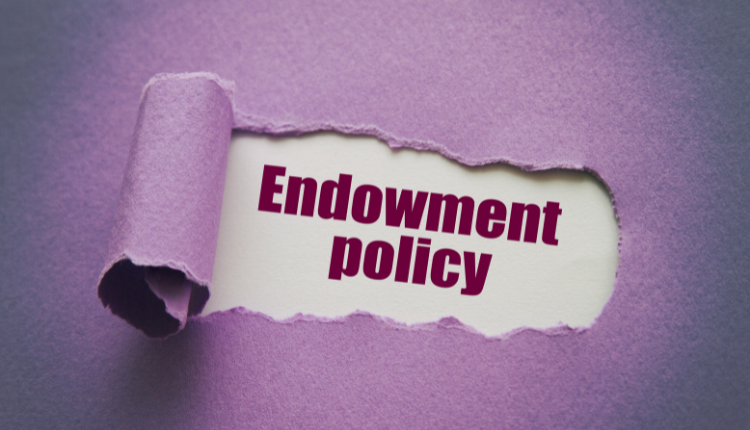
What is utmost good faith in insurance?

What is utmost good faith in insurance? If you’ve ever wondered why honesty is so crucial in insurance, you’re about to find out. Utmost good faith, or “uberrima fides,” is a fundamental principle in the insurance industry. It means that both parties—the insurer and the insured—must act honestly and disclose all relevant information. This principle ensures that insurance contracts are based on trust and transparency. Let’s dive deeper into what utmost good faith means and why it’s so important.
Table of Contents
- Understanding Utmost Good Faith
- The Importance of Utmost Good Faith
- Examples of Utmost Good Faith in Practice
- The Role of the Insurer in Utmost Good Faith
- Consequences of Breaching Utmost Good Faith
- How to Maintain Utmost Good Faith
- Why Utmost Good Faith Matters
- Conclusion
Understanding Utmost Good Faith
Utmost good faith in insurance is all about honesty and full disclosure. When you buy an insurance policy, you must provide all necessary information truthfully. Similarly, the insurer must be transparent about the terms, conditions, and coverage of the policy. This mutual trust forms the foundation of the insurance contract.
The Importance of Utmost Good Faith
1. Trust and Transparency
Trust is the backbone of any insurance contract. When you buy insurance, you trust that the insurer will honor the policy if a claim arises. The insurer, in turn, trusts that you have provided accurate and complete information. This mutual trust ensures a fair and functional insurance system.
2. Risk Assessment
Insurance companies rely on the information you provide to assess risk and determine premiums. If you withhold or misrepresent information, the insurer cannot accurately assess the risk. This can lead to incorrect premium calculations and potentially denied claims.
3. Legal Obligations
Utmost good faith is a legal requirement in insurance contracts. If either party breaches this duty, the contract can be voided. This means that if you fail to disclose important information, your policy might become invalid, leaving you without coverage when you need it most.
Examples of Utmost Good Faith in Practice
1. Health Insurance
When applying for health insurance, you must disclose your medical history, including any pre-existing conditions. If you fail to do so and the insurer discovers the omission, they can deny your claims or cancel your policy.
2. Car Insurance
For car insurance, you need to provide accurate information about your vehicle, driving history, and usage. Misrepresenting any of these details can lead to claim denials or policy cancellations.
3. Home Insurance
In home insurance, you must disclose details about your property, such as its value, condition, and security measures. Providing false information can result in your policy being voided.
The Role of the Insurer in Utmost Good Faith
Insurers also have a duty to act in utmost good faith. They must clearly explain the terms and conditions of the policy, disclose any exclusions, and provide accurate information about the coverage. This ensures that you understand what you are buying and what to expect in case of a claim.
Consequences of Breaching Utmost Good Faith
1. Policy Cancellation
If you fail to disclose relevant information or provide false information, your insurer can cancel your policy. This leaves you without coverage and may make it difficult to get insurance in the future.
2. Denied Claims
Breaching utmost good faith can lead to denied claims. If the insurer discovers that you withheld or misrepresented information, they can refuse to pay your claim, leaving you to bear the financial burden.
3. Legal Action
In some cases, breaching utmost good faith can lead to legal action. If the insurer believes that you intentionally misled them, they can take legal steps to recover any losses or damages incurred.
How to Maintain Utmost Good Faith
1. Full Disclosure
Always provide complete and accurate information when applying for insurance. Disclose all relevant details, even if you think they might not be important. It’s better to over-disclose than risk breaching utmost good faith.
2. Honest Communication
Maintain open and honest communication with your insurer. If your circumstances change, such as a new medical condition or changes to your property, inform your insurer promptly. This ensures that your policy remains valid and up to date.
3. Review Your Policy
Regularly review your insurance policy to ensure that all information is accurate. If you spot any discrepancies, notify your insurer immediately. Keeping your policy accurate helps prevent issues in case of a claim.
Why Utmost Good Faith Matters
1. Fair Premiums
Utmost good faith ensures that insurers can accurately assess risk and set fair premiums. When everyone provides truthful information, the insurance system works efficiently, and premiums remain fair.
2. Reliable Coverage
Adhering to utmost good faith ensures that your coverage is reliable. You can trust that your policy will provide the protection you need when you need it, without unexpected denials or cancellations.
3. Stronger Relationships
Acting in utmost good faith fosters strong relationships between insurers and policyholders. This mutual trust and transparency lead to better customer service and a more positive insurance experience.
Conclusion
Utmost good faith is a cornerstone of the insurance industry. It ensures that both parties—insurer and insured—act honestly and transparently. By adhering to this principle, you help create a fair and reliable insurance system. Always provide full disclosure, maintain honest communication, and review your policy regularly. This way, you can enjoy peace of mind knowing that your insurance coverage is dependable and your claims will be honored.
Remember, utmost good faith is not just a legal requirement; it’s a commitment to trust and honesty that benefits everyone involved in the insurance process. So, next time you apply for or renew an insurance policy, keep this principle in mind and ensure that you are acting in utmost good faith.























